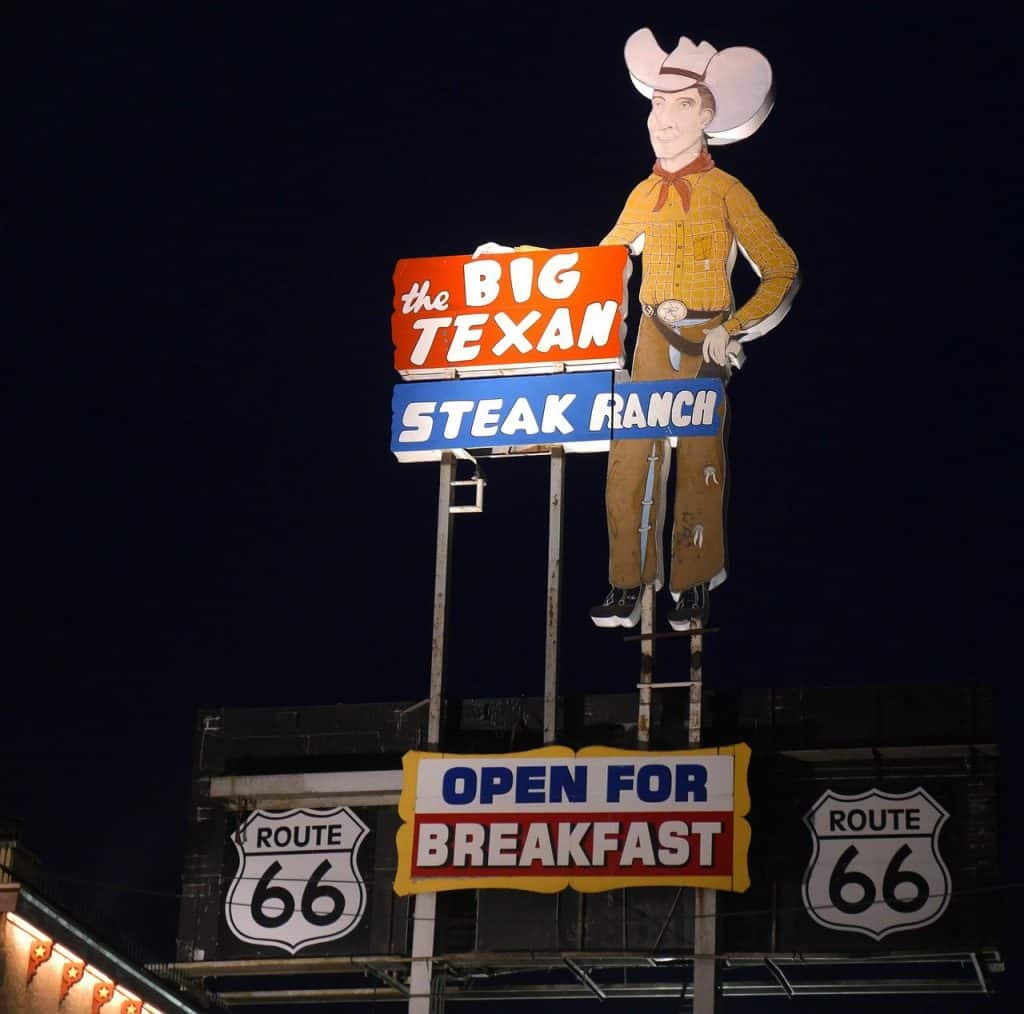
NATSO, along with the National League of Cities, National Association of Convenience Stores, Society of Independent Gasoline Marketers of America, the National Restaurant Association, National Federation of the Blind, National Retail Federation and Asian American Hotel Owners Association, asked lawmakers to promote investment in America’s infrastructure and design policies that attract private sector investment in electric vehicle charging infrastructure.
“Our industry has made significant investments in electric vehicle charging to meet growing demand for this alternative fuel,” said NATSO President and CEO Lisa Mullings. “Many would be forced to reconsider those investments if the government were to allow hand-picked vendors or utilities to sell fuel from an advantaged location on the Interstate right-of-way. Private businesses that continue to grapple with the tremendous effects of the Coronavirus pandemic will not be able to compete for customers with a government-sanctioned monopoly.”
Private sector involvement in the installation of electric vehicle charging stations is key to meeting the fueling needs of the motoring public. Many of the associations’ members are working to invest in that infrastructure.
NATSO earlier this year unveiled a partnership with ChargePoint to create a National Highway Charging Collaborative. The Collaborative will deploy charging at more than 4,000 travel plazas and fuel stops in the next decade to significantly increase access to charging as EV adoption accelerates.
The best way to accelerate EV adoption and limit range anxiety for electric vehicles users is to foster a dynamic, competitive marketplace for EV fueling at the thousands of travel centers, gas stations, convenience stores, restaurants, and hotels located in close proximity to an Interstate. This would ensure that electric vehicle charging stations are available to the public similar to traditional refueling.
Permitting the government to offer electric vehicle charging at rest areas directly on the Interstate right-of-way in competition with the private sector would discourage the private sector from investing in EV charging infrastructure and ultimately hinder growth in these alternative fuels. It could also prompt further relaxation of the longstanding ban on commercializing interstate rest areas, which would devastate blind-owned businesses that operate rest area vending machines, as well as the off-highway communities that rely on Interstate traffic for a substantial portion of their tax collections.
Off-highway businesses are always innovating and investing in ways to service their customers so that they can compete for market share. They are, however, especially vulnerable to unfair competition from government-backed fuel and foodservice establishments located directly on the Interstate right-of-way.
Granting states direct access to highway motorists would decimate the businesses and communities off highway exits.
Read the letter here.
Founded in 1960, NATSO represents the industry on legislative and regulatory matters; serves as the official source of information on the diverse travel plaza and truckstop industry; provides education to its members; conducts an annual convention and trade show; and supports efforts to generally improve the business climate in which its members operate.